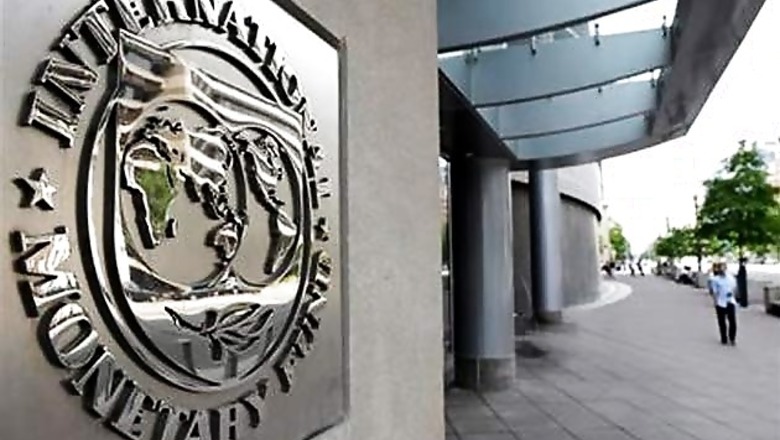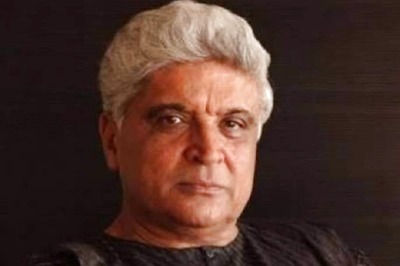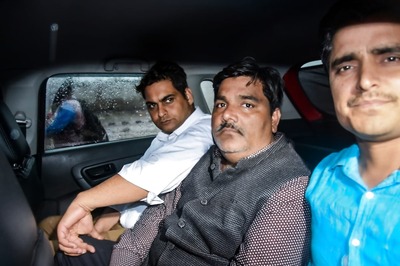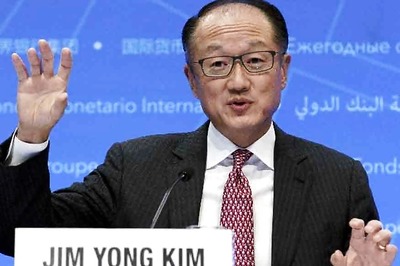
views
New Delhi: India's economy is recovering and its ability to withstand external shocks has improved, but growth is likely to fall short of government targets, the International Monetary Fund said on Wednesday.
In an annual report, the IMF forecast that Asia's third-largest economy would grow by 7.5 percent in the 2015/16 fiscal year that starts on April 1, up from 7.2 percent in the year now ending.
That is less optimistic than the forecasts in Prime Minister Narendra Modi's annual budget, which foresees growth of up to 8.5 percent in 2015/16 - making India the world's fastest-growing large economy ahead of China.
"The Indian economy is reviving, helped by positive policy actions that have improved confidence and lower global oil prices," the Washington-based lender said, adding: "To continue on this trend, India needs to revitalize the investment cycle and accelerate structural reforms."
Both the IMF and the government forecasts are based on new methods for calculating gross domestic product that have raised the reported growth rate but led to a slight downward revision in the size of India's $2 trillion economy.
The IMF's mission chief for India, Paul Cashin, said India's balance of payments position was comfortable thanks to a fall in gold imports and the price of oil. Investments in power and transport projects were starting to pick up.
The IMF praised Modi's government for backing inflation targeting as the main goal of monetary policy in a recent deal with Reserve Bank of India Governor Raghuram Rajan.
Cashin said there would be room for the RBI, which has cut interest rates twice already this year, to ease policy further and still achieve its goal of bringing down consumer inflation to 6 percent in early 2016.
Hitting the RBI's medium-term inflation target of 4 percent, within a band from 2-6 percent, would be "quite a challenging target to achieve", he told a conference call with reporters, given the supply bottlenecks that constrain businesses in India.
With 100 million people joining India's workforce in the next decade, India needs to do more to address bottlenecks in energy, power and mining, and to fix gaps in infrastructure, the IMF report said.
The Fund also urged the passage of reforms to land acquisition laws now before parliament; improvements in the efficiency of a state food aid scheme; greater flexibility in labour markets and improvements in education.
Modi swept to power last May on a pledge to boost growth and job creation in India, but the 64-year-old prime minister has faced challenges to enact his economic agenda because the opposition controls parliament's upper house.



















Comments
0 comment